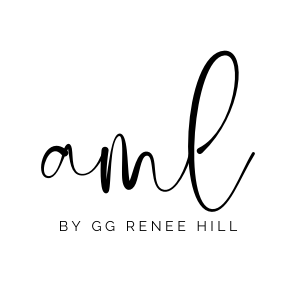DAY TEN
We’ve reached the end of our ten days together, but this is only the beginning of this phase of your self-care journey. I hope this course has challenged you to:
Think about where you’ve been, where you are, and where you want to be when it comes to self-care.
Be honest with yourself about what areas of your life need more love and attention.
Answer reflection questions that bring your self-care story into focus.
journaling tips
Have you ever purchased a guided journal or workbook that you dove into headfirst, only to stall after doing a couple of exercises? The journal ends up on the shelf or in your drawer without you fully experiencing what it has to offer you. This kind of self-discovery, self-healing work is best when it’s slow and steady. So doing a couple of exercises and then taking a break is fine, whatever pace you want to set should be organic, but keep going and be deliberate about it. These tips should help:
Keep it simple. Keep your self-care activities simple so they are not difficult to do. Keep your language simple as you’re journaling, so it’s not difficult to express yourself. Don’t worry about grammar, poetics or wordplay. Write the way you talk.
Make it your own. You can work through the prompts in order, or you can work on what speaks to you in the moment when you sit down to write. Certain prompts may inspire you to create a separate journal or notebook to carry the exercise further.
Find a partner or group. Grab a copy for a friend and make a plan to do the exercises together. You can set a schedule that works for both of you and plan little dates to share your responses and discuss.
Create rituals. Attach your Self-Care Check-in journal time to something else you already do like drinking a cup of tea in the morning — or you can create a new ritual.
Schedule it in. Decide when and how often you will work on the journal and schedule it into your calendar. Be practical so you’re not overwhelmed. Value consistency over speed.
Think long-term. Along with many other self-care habits, sitting down to write doesn’t always feel good in the moment, especially when we are writing about things that make us uncomfortable. To establish a steady practice, instead of thinking about what feels good, we have to think about what does good for us.
Remember your why. When you feel resistance and lose motivation, think about what you want to get out of journaling and the growth you want to experience. How do you want to feel? Remember that having an intentional self-care practice is the key to feeling that way.
Please feel free to leave any reflections you have on the course in the comments below!

